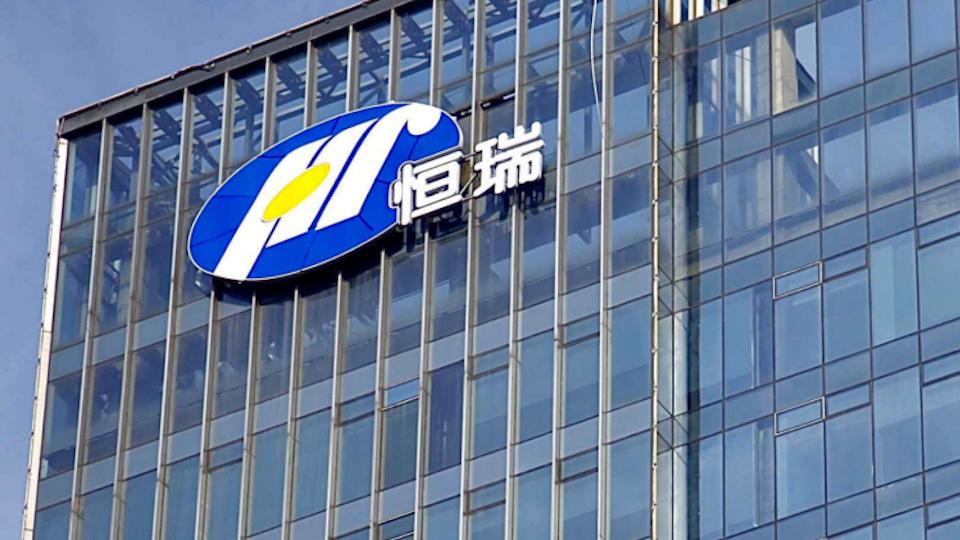Japan clears first CLDN18.2 drug, Astellas’ Vyloy

Astellas has become the first drugmaker to bring a claudin 18.2 (CLDN18.2) targeted therapy to regulatory approval, getting a green light in Japan for Vyloy as a treatment for stomach cancer.
The Ministry of Health, Labour and Welfare (MHLW) has cleared Vyloy (zolbetuximab) for use in combination with chemotherapy for patients with HER2-negative CLDN18.2-positive advanced or recurrent gastric cancer that cannot be treated with surgery.
Its decision comes a few weeks after the FDA turned down Astellas’ marketing application for zolbetuximab in the US because of “unresolved deficiencies” found during an inspection of a third-party manufacturing facility for the antibody.
The approval of a drug with a brand new mechanism of action is particularly welcome, as gastric cancer has seen little in the way of therapeutic innovation in recent decades, despite being the fourth deadliest cancer worldwide, killing around 770,000 people a year.
It is particularly virulent in Japan, where it is ranked third for cancer deaths. In common with other Asian countries like South Korea and China, Japan has a high incidence of gastric cancer, which has been linked to high consumption of salted and smoked foods. In 2022, there were almost 127,000 new cases of gastric cancer diagnosed in Japan.
CLDN18.2 is estimated to be overexpressed in around 40% to 50% of all gastric cancers, and the availability of a targeted therapy could encourage testing of tumours for the biomarker, which is carried out by an immunohistochemical test on a biopsy sample.
As testing is not yet routinely carried out, sales estimates for Vyloy tend to be on the modest side, with GlobalData predicting they will reach around $750 million by 2030. Some analysts are more optimistic, however, and reckon it could top $1 billion if used to treat a third of eligible gastric cancer patients.
The Japanese approval consolidates Astellas’ lead among developers of anti-CLDN18.2 therapies, ahead of a growing list of would-be rivals that includes Merck KGaA/Hengrui, Transcenta, Innovent, I-Mab, BioNTech, Leap Therapeutics, and Legend Biotec, all of which have candidates in trials for various solid tumours. Zolbetuximab, meanwhile, is also in phase 2 testing for CLDN18.2-positive pancreatic cancer.
Two phase 3 trials of Vyloy were completed to support its marketing applications – GLOW and SPOTLIGHT – which included screening that showed around 38% of tumours were CLDN18.2-positive, defined as 75% or more of tumour cells expressing the protein. They showed that the drug was able to reduce the risk of disease progression or death, as well as overall survival (OS), when added to chemotherapy in treatment-naïve patients with this type of cancer.
Astellas acquired zolbetuximab with its takeover of Ganymed Pharma in 2016, paying around $430 million upfront in a deal with a total value of up to $1.3 billion, depending on the antibody meeting development, regulatory, and commercial objectives.
Moitreyee Chatterjee-Kishore, senior vice president and head of immuno-oncology development at Astellas, said Vyloy’s approval “marks a new era in the treatment of gastric cancer” and will “help address the urgent therapeutic need for this hard-to-treat cancer in Japan, where incidence rates are among the highest globally.”












